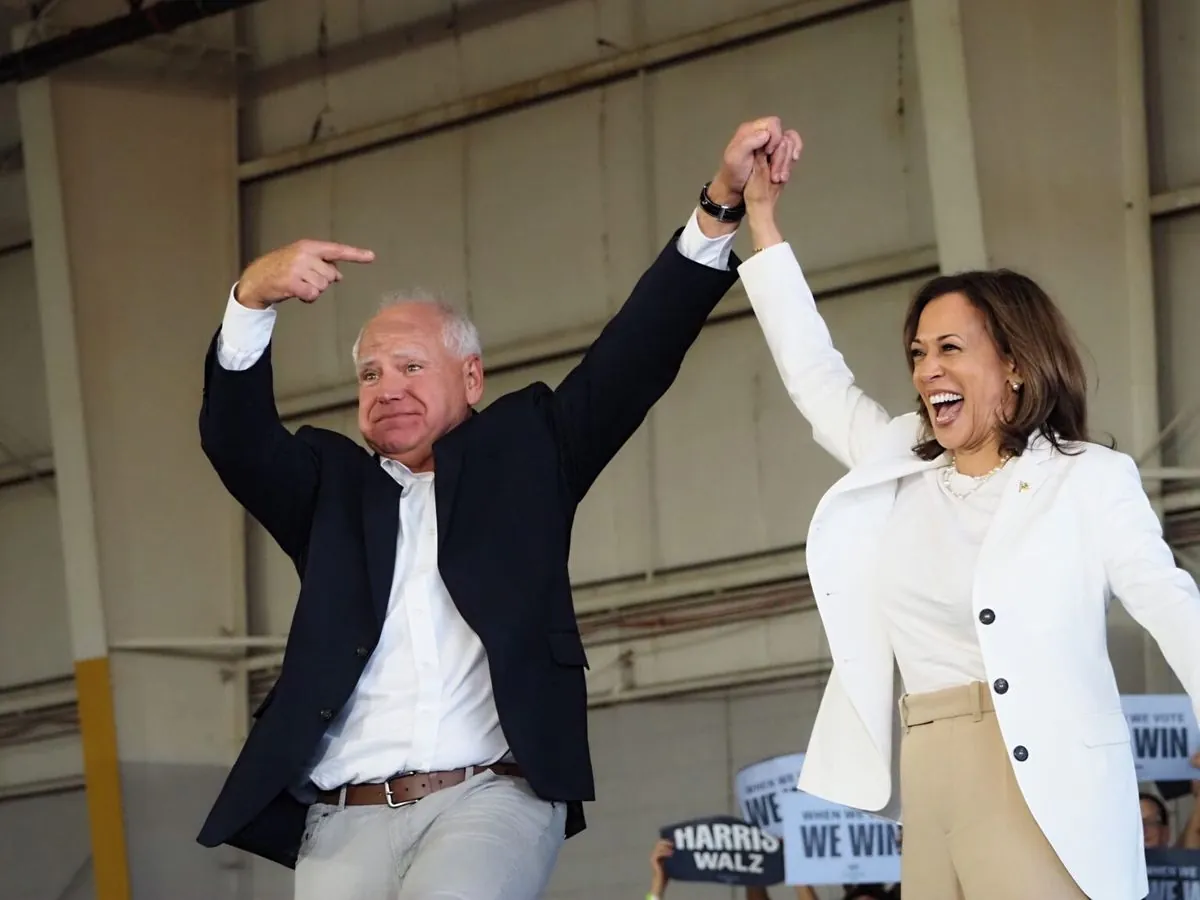In the lead-up to the 2024 presidential election, Kamala Harris, the Democratic Party's presumptive nominee, and Donald Trump, the Republican contender, are presenting markedly different economic visions for the United States. A recent survey by the Financial Times and the University of Michigan's Ross School of Business indicates a slight edge for Harris in public trust regarding economic management, marking a shift in voter sentiment.
The candidates' approaches diverge significantly on several key issues. On migration, the Trump campaign advocates for mass deportations, potentially targeting 1.3 million individuals. Economic analysts warn this could lead to labor shortages, increased inflation, and reduced industrial output. Conversely, the Harris campaign opposes mass deportations, aligning more closely with the current Biden administration's stance.
Regarding dollar policy, Trump has expressed a desire for a weaker currency, contradicting the long-standing strong dollar policy adopted in 1995. Harris, while not explicitly endorsing a strong dollar, supports Federal Reserve independence, which has historically contributed to dollar stability. Experts caution that Trump's proposed policies might inadvertently strengthen the dollar, potentially leading to drastic measures to weaken it.
On tariffs, both candidates show some similarities, with Harris likely to maintain many of Trump's existing tariffs. However, Trump's campaign promises more extensive, across-the-board tariff increases, which economists warn could raise inflation and reduce purchasing power. The Harris campaign has pledged not to implement broad tariff hikes but may consider targeted measures.
Industrial policy represents an area of relative convergence. Both candidates are expected to continue programs like the CHIPS Act and the Inflation Reduction Act, passed in 2022. The primary difference lies in their focus, with Harris favoring green technology initiatives and Trump potentially redirecting funds to fossil fuel-related industries.
Regarding China, both campaigns adopt a hawkish stance, reflecting a broader shift in Washington's approach. Experts caution that this hardline position could negatively impact American living standards and industrial competitiveness without significantly altering other nations' relationships with China.
Economic analysts offer mixed reviews of both campaigns' proposals. Trump's macroeconomic policies receive criticism for misunderstanding trade deficits and currency dynamics. While Harris's approach is deemed more grounded in economic realities, her trade policies face similar scrutiny to Trump's.
As the election approaches, experts call for a more nuanced debate on economic and national security issues, emphasizing the need for clear, targeted policies rather than broad, potentially counterproductive measures. The outcome of this election could significantly shape America's economic trajectory in an increasingly complex global landscape.
"It's not so much what the campaigns are not discussing enough. It's that they're discussing China and industrial policy too much. Congress and both campaigns are obsessed with the economics of China, are obsessed with these notions of technological security. And again, they're just picking policies that are not fit for purpose. It's just incredibly frustrating, to be honest, how crazy this has gotten."
